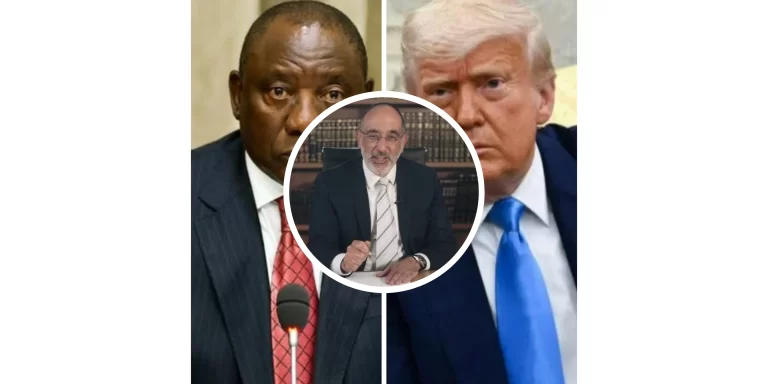Introduction
A web of diplomatic tension in midst of potential opportunities

Whether Dr. Warren Goldstein, Chief Rabbi of the Jewish community in South Africa, knows it or not, his recent Yom Hazikaron speech just added to the voices advocating diplomacy in improving SA-Israeli relations.
The pain long borne by Israel, as a nation, dates back to Bible days when the do-or-die posture of a young Jewish Queen Esther made all the difference. She decided to appear before King Ahasuerus, her husband and a non-Jew, though it was unlawful and treasonable, but her action saved her race. She was ready to ask the king for the death sentence passed upon her people due to hatred to be quashed and cancelled. Queen Esther succeeded, and lives were saved.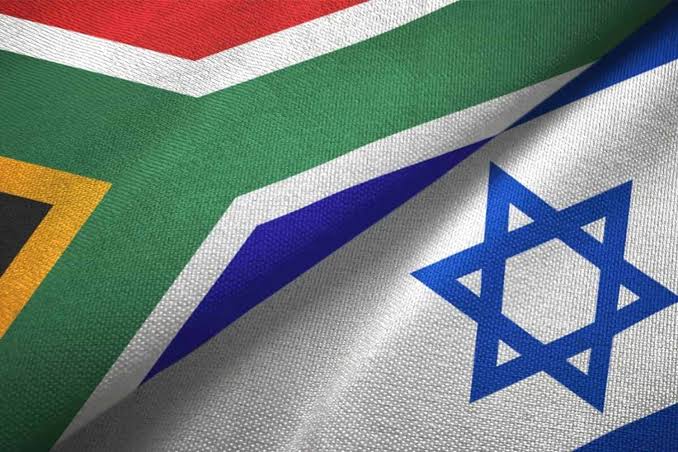
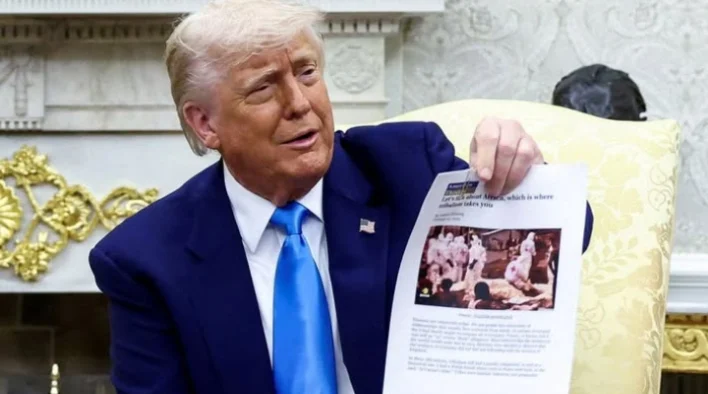
Adolph Hitler, the maximum ruler, inflicted the most grievous genocide in history on the Jews in the 20th century; millions were murdered.
In the present day, according to Dr. Goldstein, the Chief Rabbi, Jews have been killed because they were described as ‘infidels’ by Hamas, Hezbollah, Iran, and all the Jihadist forces in the region.
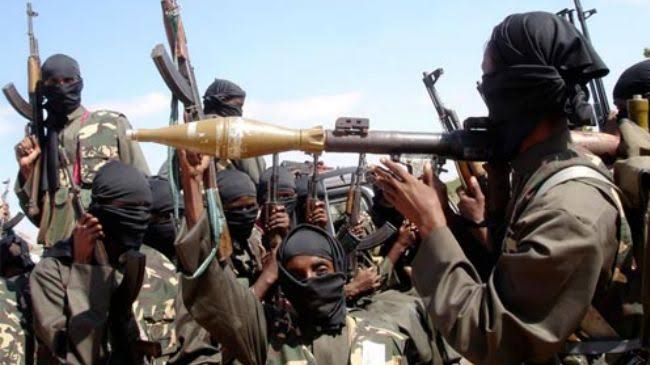
In addition, he advanced that ‘war is being wedged against Africa on different fronts by ideological brothers-in-arms of Hamas, Hezbollah, Iran, Boko Haram, Isis, and al Shabab across the continent.’
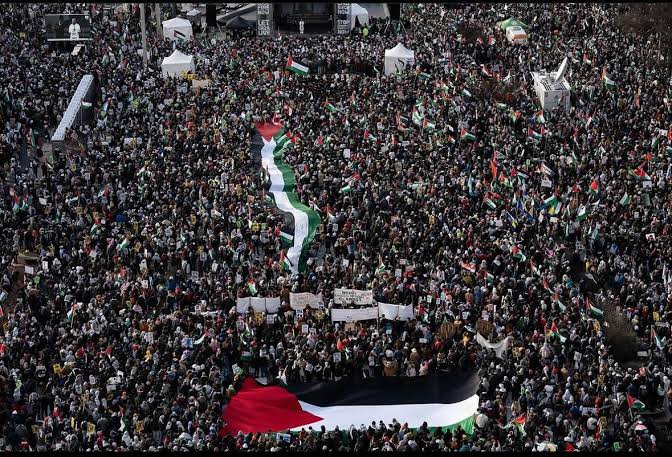
However, the delicate twist to this discussion is the entry of the United States President Donald Trump, a strong ally of Israel, who returned to the White House in January 2025.
It becomes a diplomatic deliberation perfectly standing on a tripod of three sovereign entities.
These three nations bound by history yet divided by conscience—South Africa, the United States, and Israel—locked in an intricate diplomatic dance. Their story is one of old wounds and new reckonings, where land, justice, and survival collide.
For years, their relationships have been shaped by hushed alliances and public clashes, a tangle of pride, principle, and the relentless pursuit of moral high ground.
Today, as accusations of genocide still reverberates in courtrooms, debates over land reform ignite protests, and geopolitical rivalries heat, these countries stand at a crossroads. The stakes? Nothing less than their global influence, and reputations.
The shifting policies shaping fortunes of nations

Yet beneath the storm of grievances lies something fragile but undeniable: the faint pulse of possibility. Could common interests in humanity pave a path through the crises?
The Chief Rabbi in making his speech at the Yom Hazikaron event called on South Africa’s Government of National Unity to ‘send a South African Ambassador to Israel, and for Israel to send back its Ambassador to South Africa.’
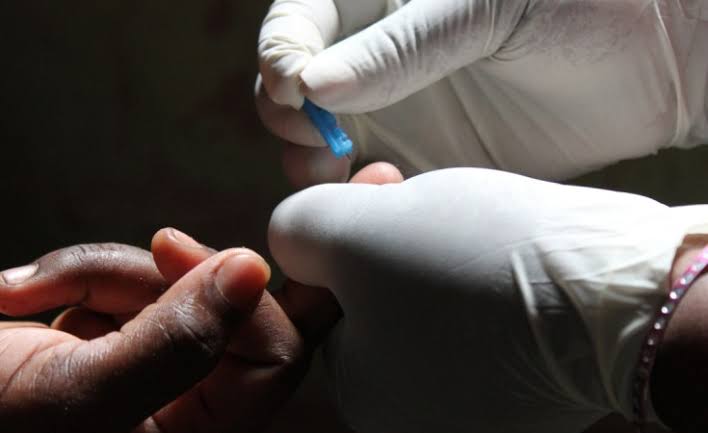
This is not just a story of power plays and legal battles. It’s about nurses in Johannesburg scrambling to save HIV patients after U.S. aid vanishes, Palestinian families digging through rubble as South African lawyers fight for them in The Hague, and Afrikaner farmers clinging to land their ancestors seized centuries ago.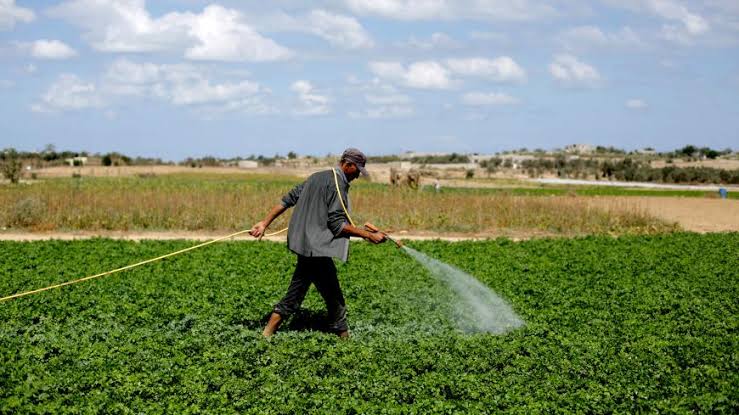
It’s about leaders playing down on pride and upholding the interest of ordinary people caught in the crossfire.
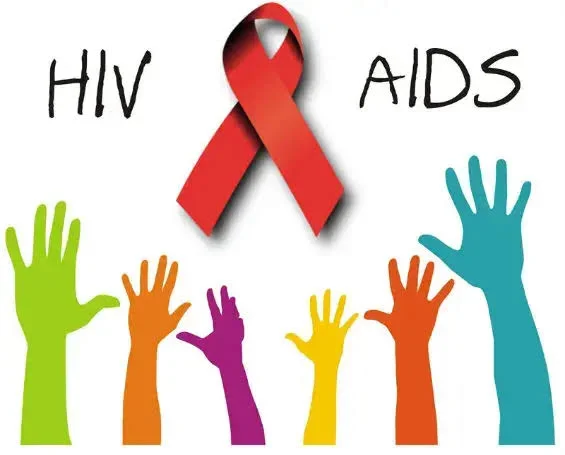
The conflict: not so at the beginning
Here, we unravel how these nations became adversaries, what fuels their clashes, and whether they can rediscover the courage to listen—not just demand. The road ahead is steep, but history reminds us: even the bitterest enemies can rewrite their stories.
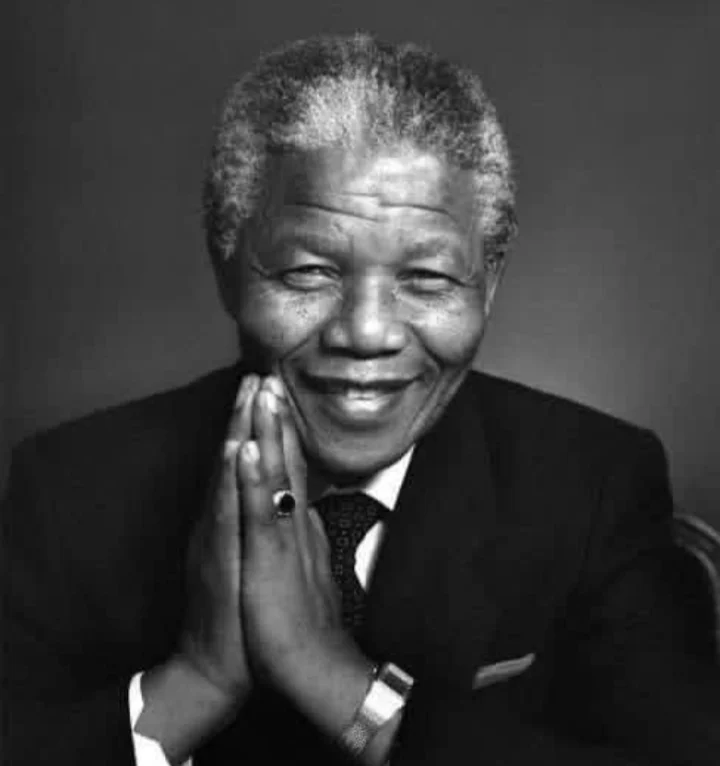
The relationship between South Africa and Israel is a mixture of the past and present experiences. Decades ago, during the darkest days of apartheid, the two nations forged closer bonds—exchanging military expertise, even nuclear know-how—in the quiet ambience of closed boardrooms far from the prying eyes of the world.
But when Nelson Mandela took the breadth of freedom in 1994, ushering in a new dawn for South Africa, that alliance began to crumble. Mandela, a global symbol of resistance to oppression, could not look away from the plight of Palestinians. With the moral clarity of someone who had tasted apartheid’s cruelty, his government painted an unforgettable picture: Israel’s policies, he argued, mirrored the discrimination Black South Africans had endured.
The rift only deepened under President Cyril Ramaphosa, whose words carry the weight of a nation still healing from its own scars. “We cannot preach reconciliation at home while remaining silent abroad,” he declared in 2023, as South Africa took a bold step that stunned the international community.
Filing a landmark case at the International Court of Justice, the nation accused Israel of genocide in Gaza—a legal salvo that caught many unawares.
For South Africans, the move was not mere diplomacy; it was touching base with its own history. How could a country born from a struggle against state-sanctioned oppression turn a blind eye to Gaza? The accusations cut to the core of Israel’s actions, invoking the Genocide Convention that was viewed like light from different sides of a prism.
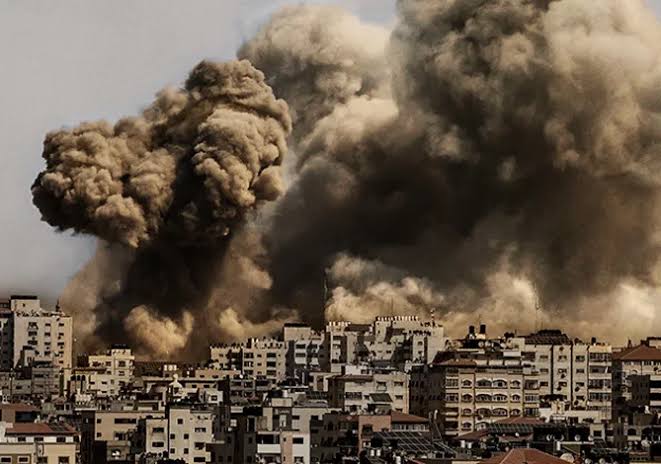
Many nations deliberately ignored the brutal attack of 7 October, 2023 when Hamas broke into Israel killing more than a thousand and taking hundreds hostage.
But not the US. It condemned the mayhem and supported the right for Israel to defend itself when the war against Hamas broke.
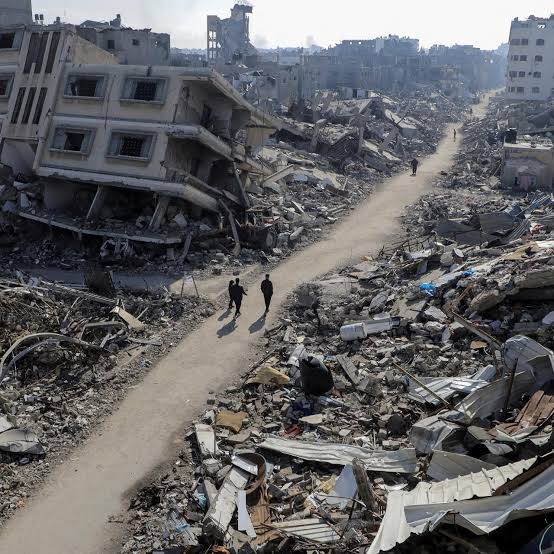
The Trump administration made no pretense of being comfortable with SA taking Israel to ICJ and lashed out consequently in diverse ways. It has frozen aid to support curtailing the scourge of HIV-AIDS among others, slammed tariffs, expelled South Africa’s Ambassador to the US, Ebrahim Rasool citing Pretoria’s land reform policies, its alignment with Russia and China, and its criticism of Israel.
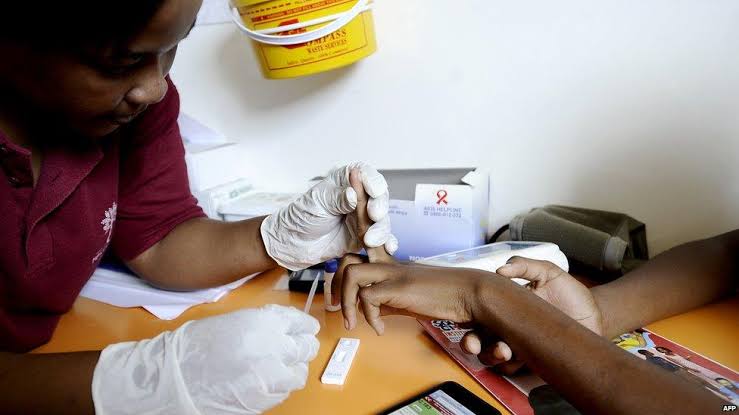
The February 2025 executive order halting aid over alleged racial discrimination against Afrikaners and ICJ case further strained relations between the US and SA.
Diplomatic middle ground in navigating possible solutions
Yet behind the legal jargon and geopolitical posturing lies a haunting question: Can two nations, both shaped by trauma and resilience, find a way to bridge the gap between them? Or will the ghosts of collaboration past forever overshadow the possibility of fresh understanding?
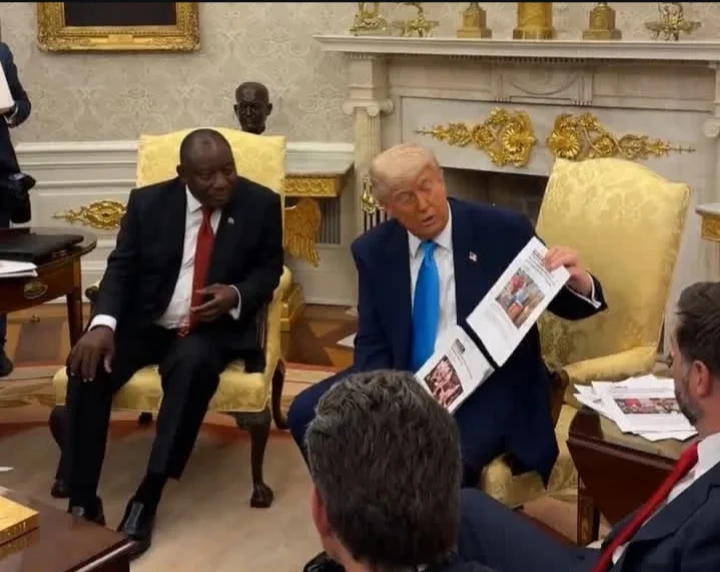
Chief Rabbi Goldstein believes that there is light at the end of the tunnel. He cites polls from the Institute of Race Relations, other think tanks, and the academia that show the people of South Africa want economic reform and growth. They also want a closer relationship between SA, Israel, and the West, he canvassed.
“The Government of National Unity needs to realize that it represents millions of Christians across South Africa and the interest of the people. It must take advantage of the pressure being applied by the US government to work with an incoming strong US ambassador. The SA government should realign with the West and the value of freedom and democracy and be one that speaks in the name of the civilized values of this country. There is a wind of Change in the air.”
Conclusion
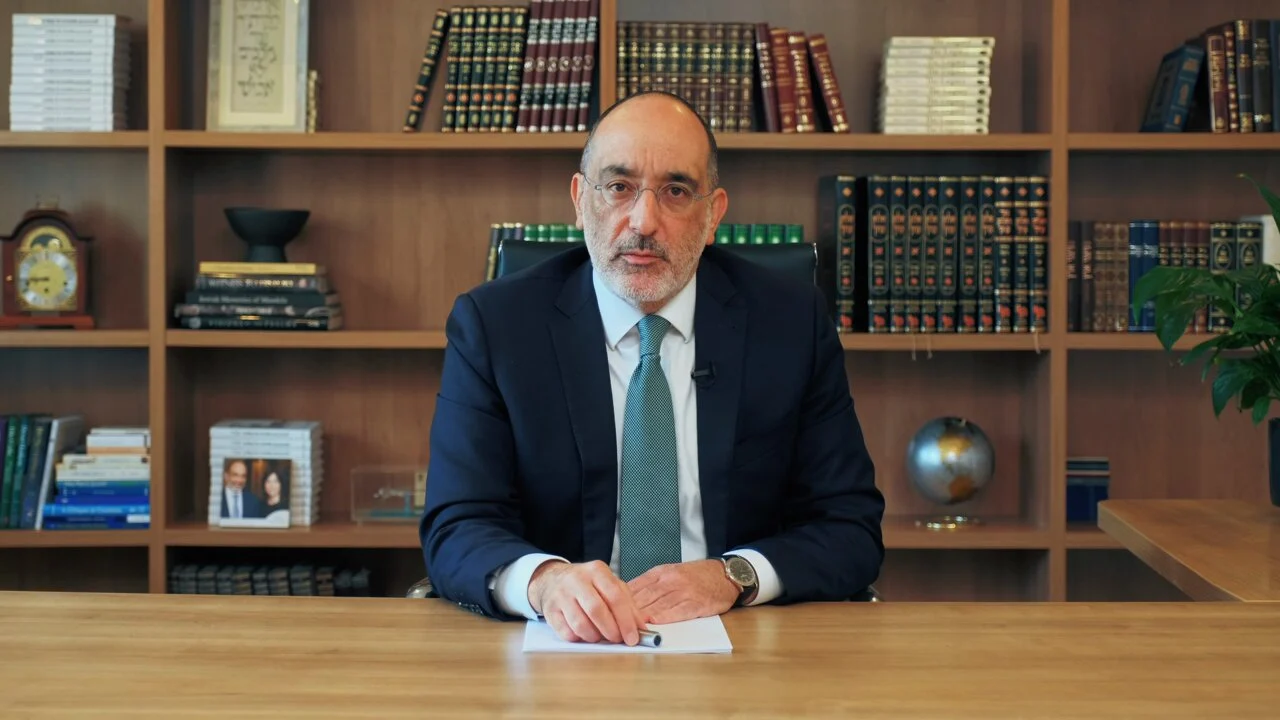
Here comes the acid test for these three democratic countries to prove that compromises can be made without losing face. It becomes imperative to forge a new equilibrium that will require the willingness to bend backwards in the interest of peace in Israel, Gaza and the Middle East.
Mandela once said, “It always seems impossible until it is done.” In reality, all hands must be on deck to do the needful required to restoring human dignity.

